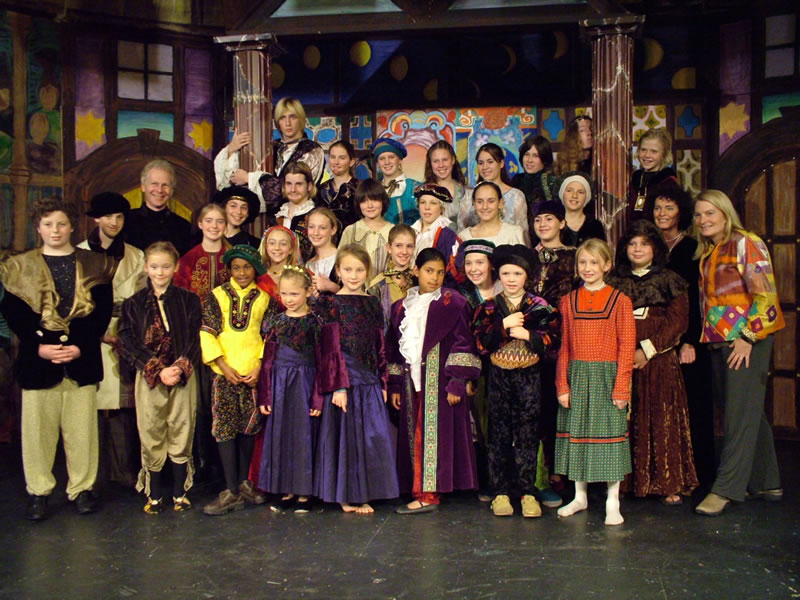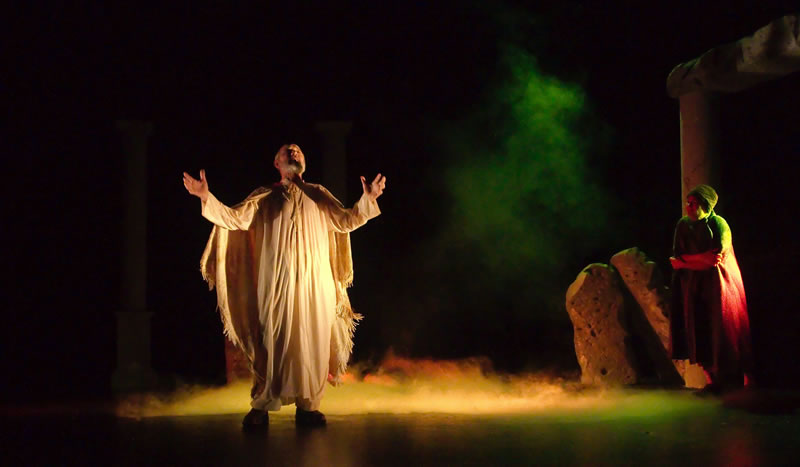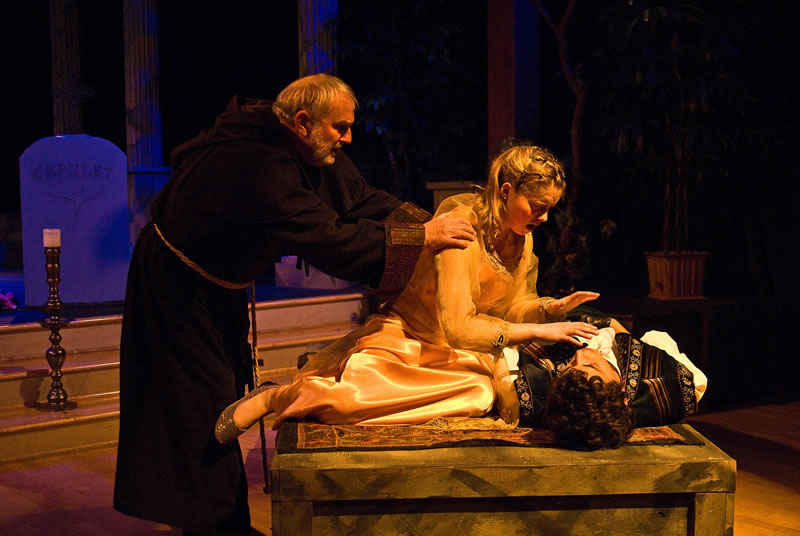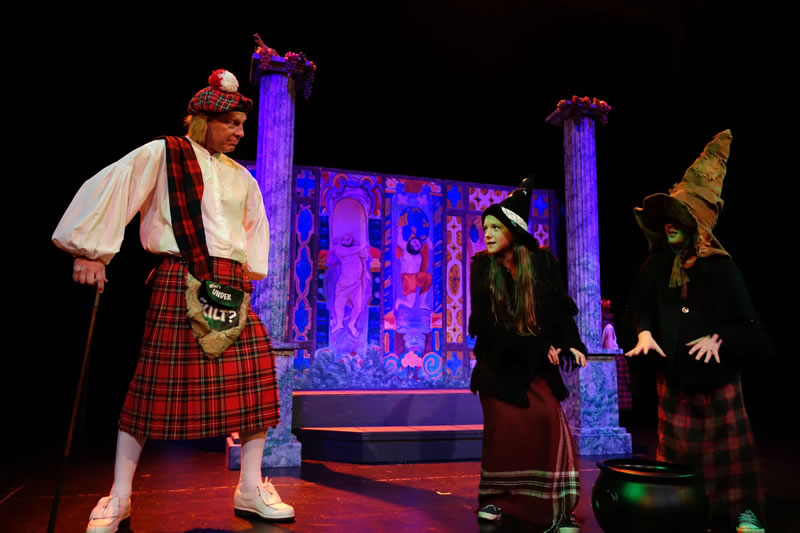Community Shakespeare Company is a not-for-profit youth theatre organization profoundly enhancing the lives of young people, their parents, and community members on Lopez Island, Washington State: a remote, rural setting, with a socially and economically diverse population. “Enriching young lives, cultivating community” is the simple statement from which a rich and variegated program has grown.
Working as classroom volunteers, CSC co-founders Richard Carter and Susan Wilson (1956 – 2016) discovered that students as young as elementary school can be joyfully introduced to Shakespeare (and other classics) by performing these works in age-appropriate adaptations. As they grow older, students naturally and enthusiastically move into reading and understanding the original texts, both in performance and as part of their secondary school curriculum.
Student participants represent the public, private, and home school networks in our community. On an annual basis, CSC involves up to one third of the entire resident student population, and a host of resident artists, parents, mentors, and volunteers.
PHILOSOPHY
Young people naturally rise to the level of others’ expectations for them. The expectation that students will come to rehearsals, participate, concentrate, learn their parts, be respectful and supportive of one another and of the adults involved, is at the heart of our company. Above all, we expect them to have fun. This sets the stage for their success as performers, and as people.
The play production process is an activity ideally suited for creating an atmosphere in which young people can feel safe, supported, nurtured; where they are encouraged to try new things, and take appropriate risks.
On a fundamental level, the skills they learn as performers are life skills: the ability to stand up in front of an audience with confidence, to speak so they can be heard and understood; to sing, dance, recite, read aloud, or simply to read. Add to that the notion of introducing children and adolescents to great works of literature, which are too often thought of as dry, old, intellectual, boring, or simply not user-friendly, and the implications of Community Shakespeare become profound.






